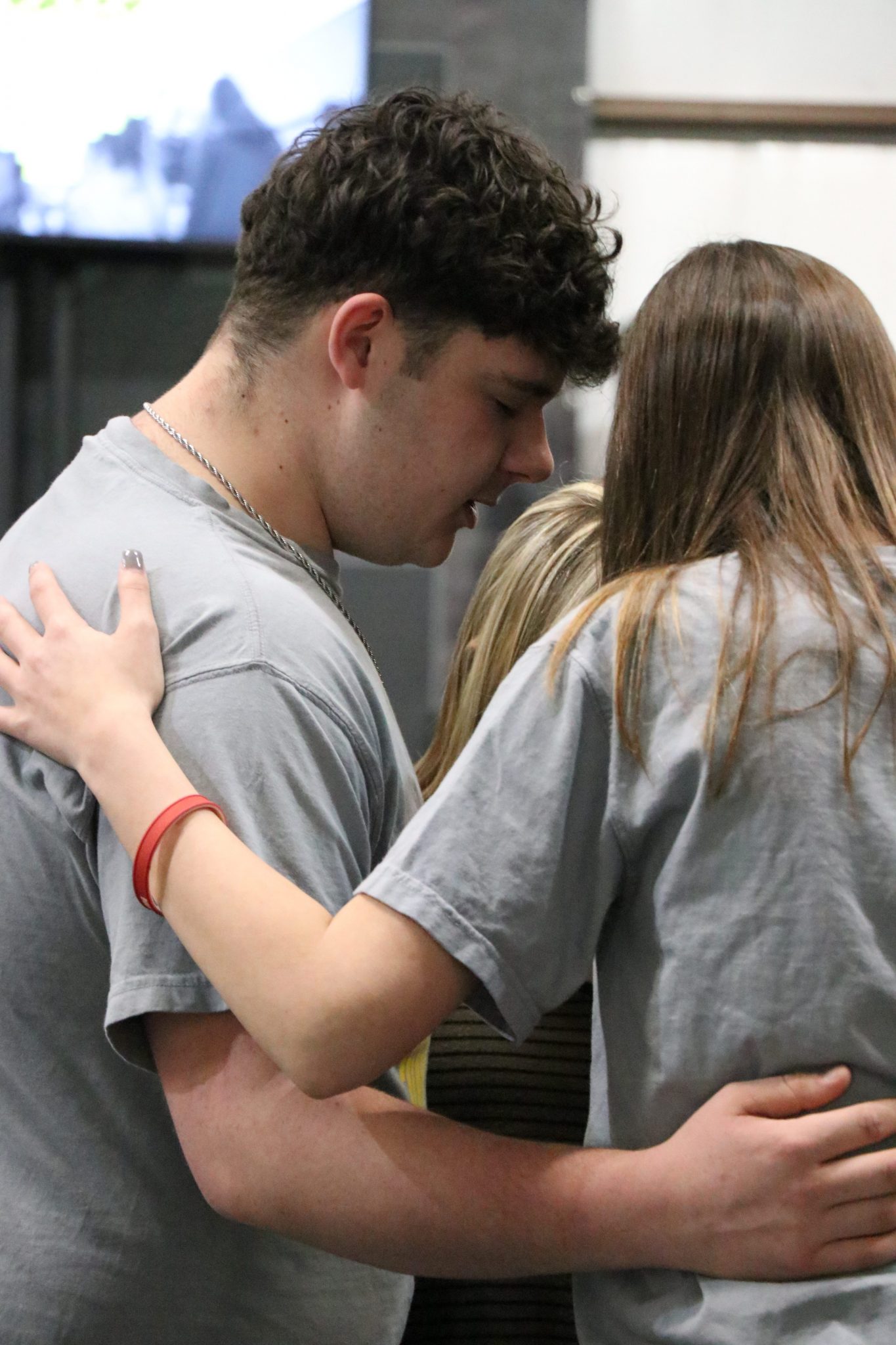299
Bossier and Webster Parish Schools, on the verge of extracting themselves from one set of legal troubles, might end up revisiting the basic issue courtesy of bills by area legislators.
Republican state Sen. Ryan Gatti’s SB 512 and Democrat state
Prayer in school issue still not fixed
previous post



